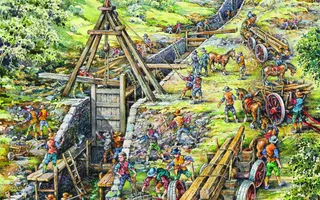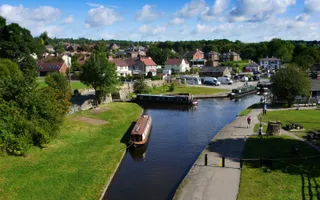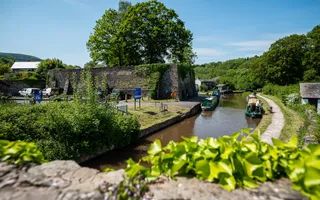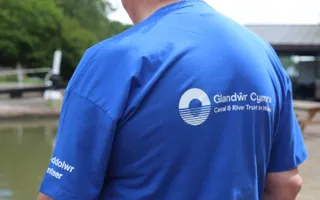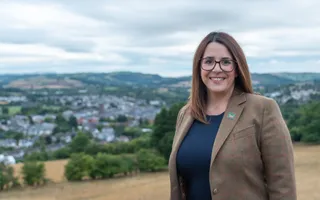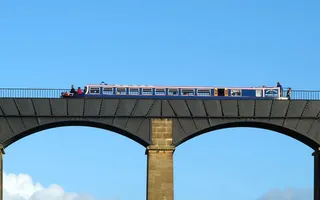
Wales
From the picturesque Monmouthshire & Brecon Canal to the awe-inspiring Pontcysyllte Aqueduct, the canals and rivers of Wales offer a special journey through the unique heritage that Wales has to offer.
On the Canal & River Trust website you'll find plenty of information about our Welsh canals and how we protect and improve them for future generations.
From leisure information about the Welsh canals and attractions to details of how we work with partners, this website gives you all the information you need to know about our work in Wales.


Stay connected
Sign up to our newsletter and discover how we protect canals and help nature thrive


